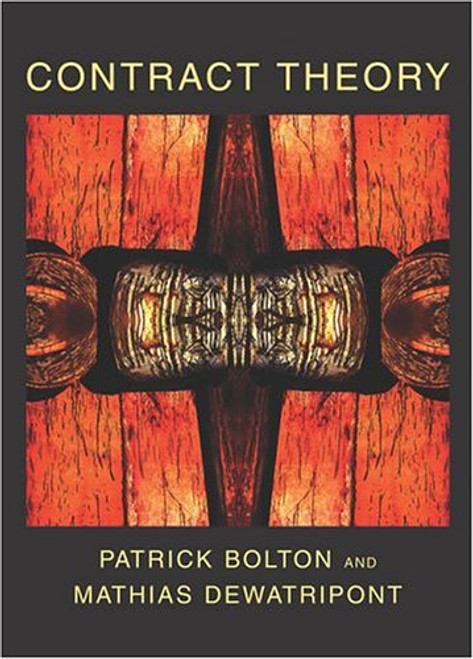Product Overview
This book documents the first serious attempt to construct automatically and use nonsemantic computational structures for text summarization.
Until now, most discourse researchers have assumed that full semantic understanding is necessary to derive the discourse structure of texts. This book documents the first serious attempt to construct automatically and use nonsemantic computational structures for text summarization. Daniel Marcu develops a semantics-free theoretical framework that is both general enough to be applicable to naturally occurring texts and concise enough to facilitate an algorithmic approach to discourse analysis. He presents and evaluates two discourse parsing methods: one uses manually written rules that reflect common patterns of usage of cue phrases such as however and in addition to ; the other uses rules that are learned automatically from a corpus of discourse structures. By means of a psycholinguistic experiment, Marcu demonstrates how a discourse-based summarizer identifies the most important parts of texts at levels of performance that are close to those of humans.
Marcu also discusses how the automatic derivation of discourse structures may be used to improve the performance of current natural language generation, machine translation, summarization, question answering, and information retrieval systems.








